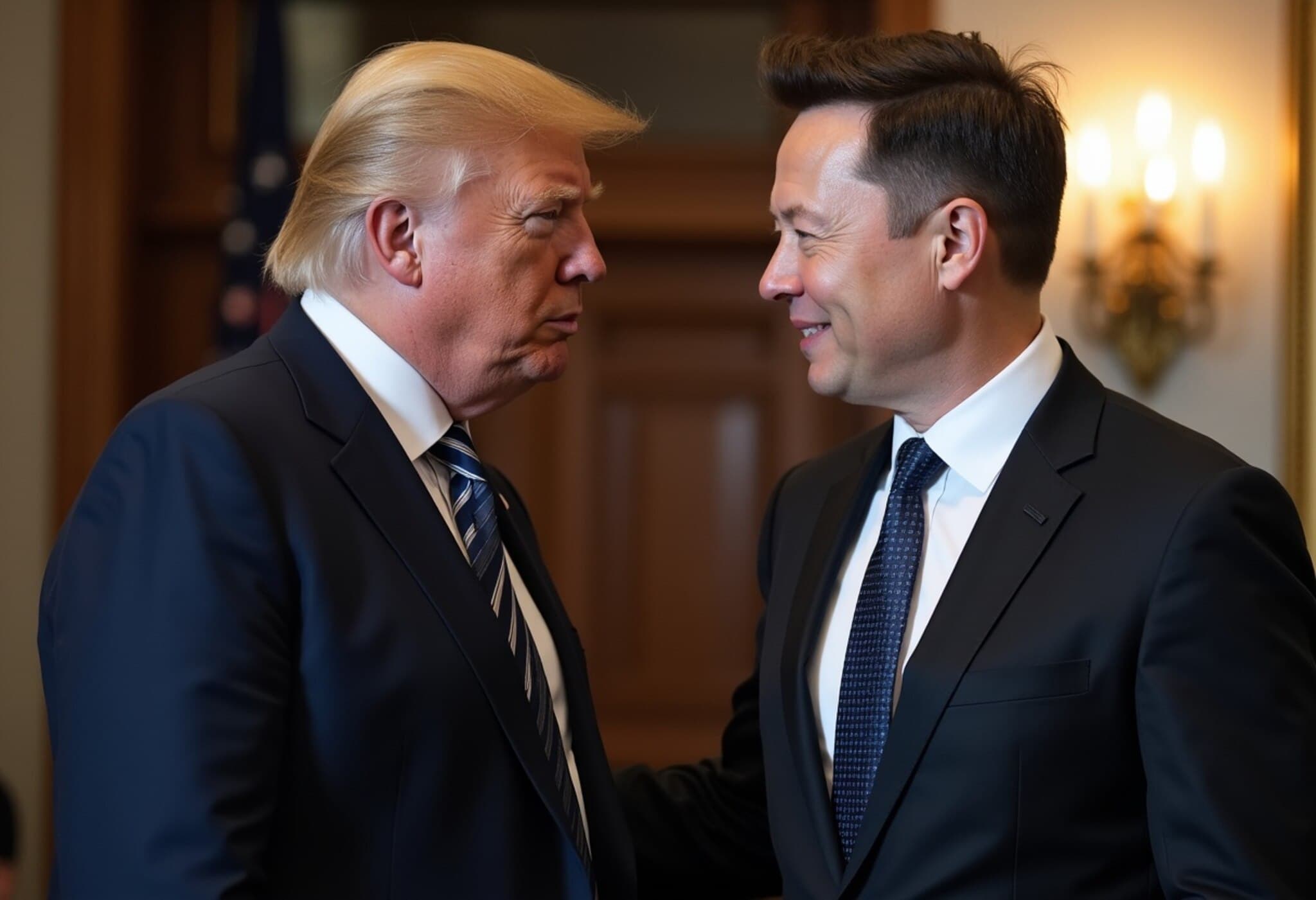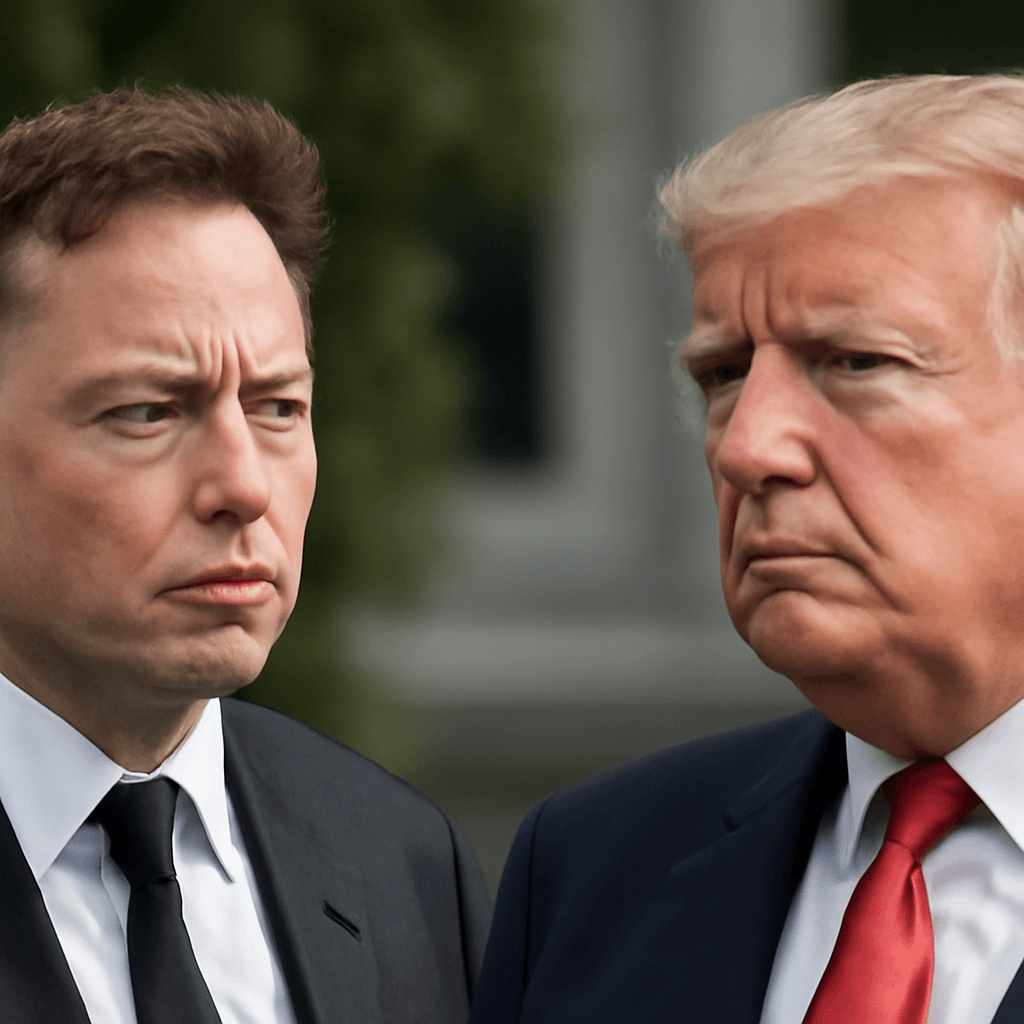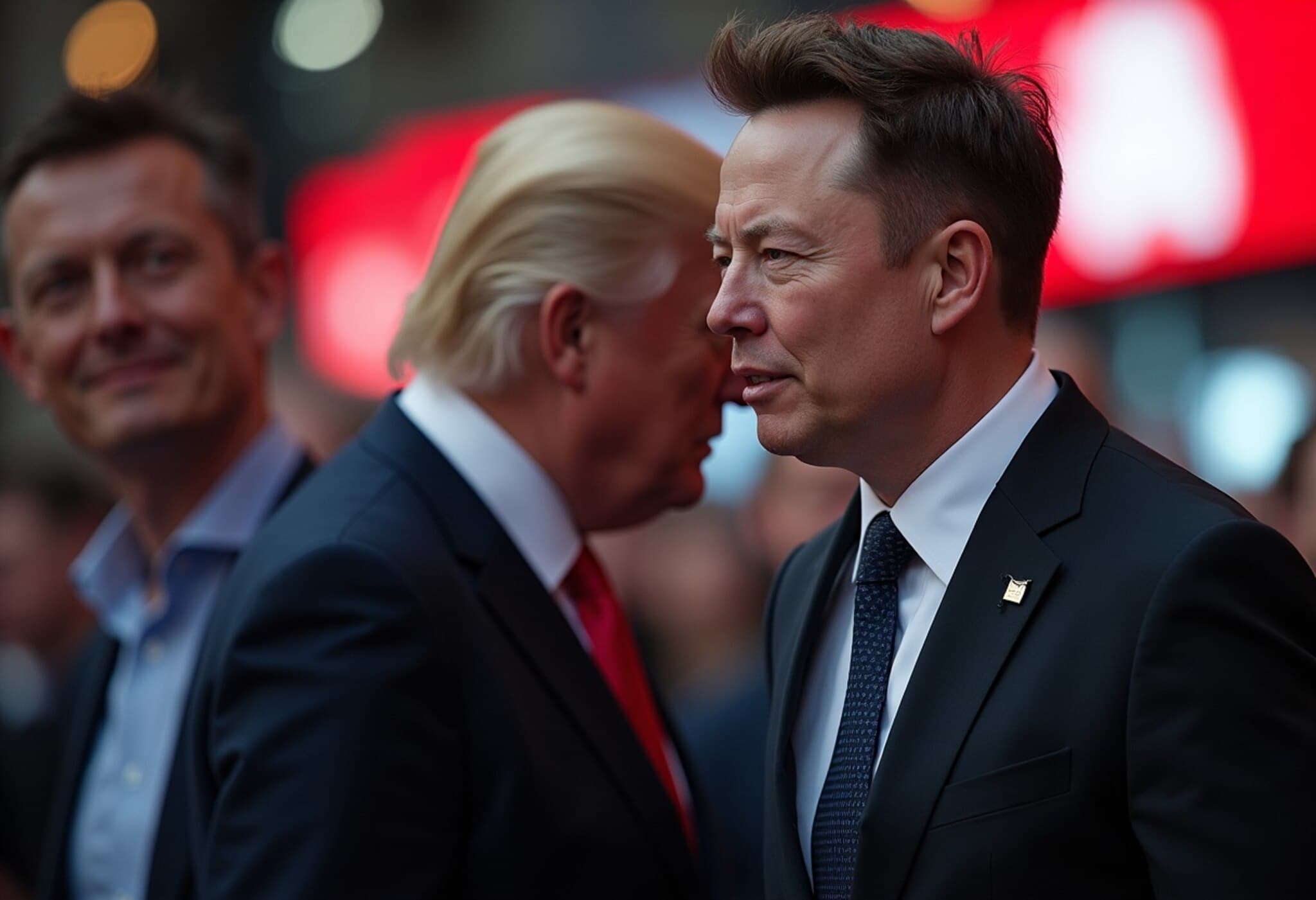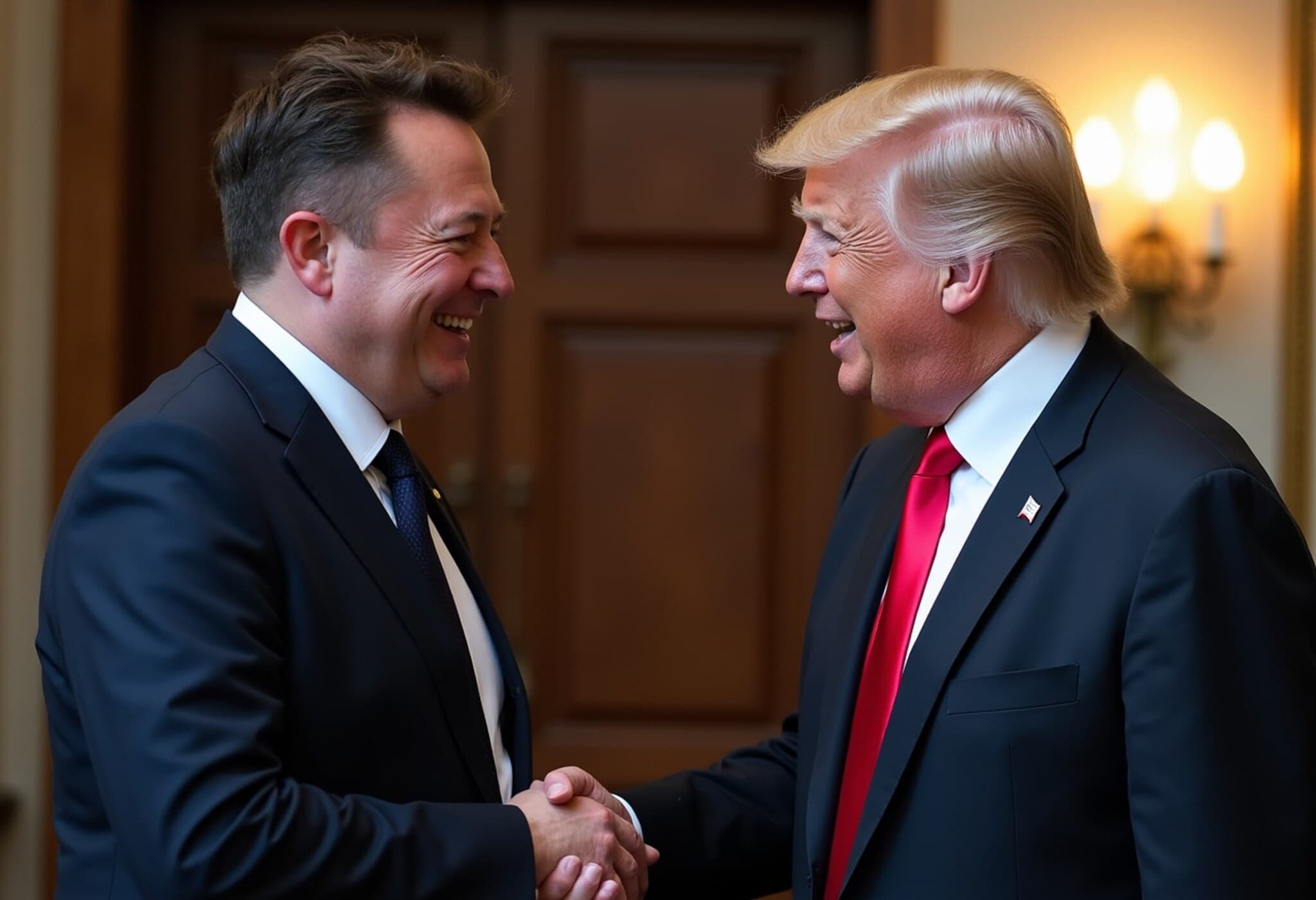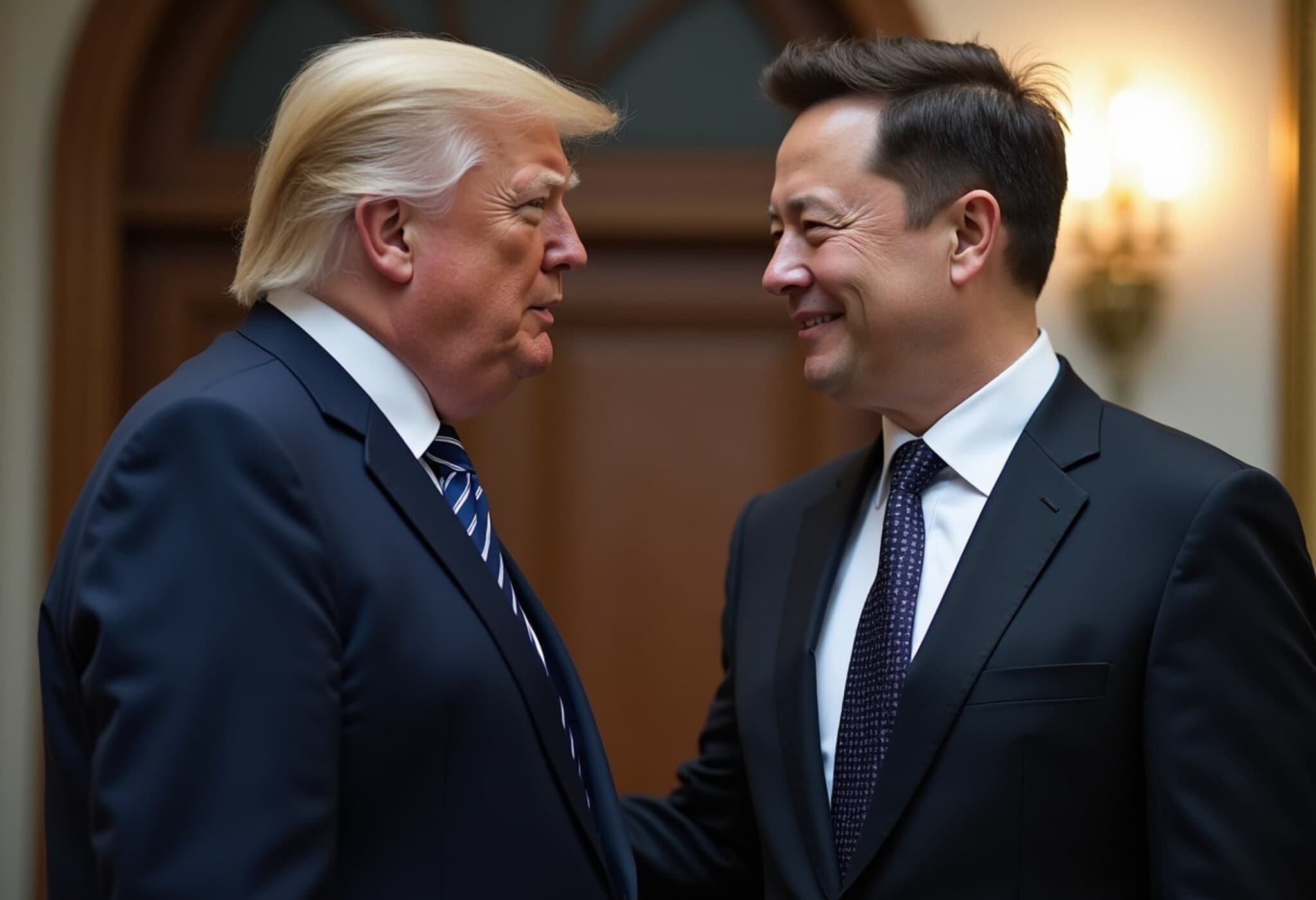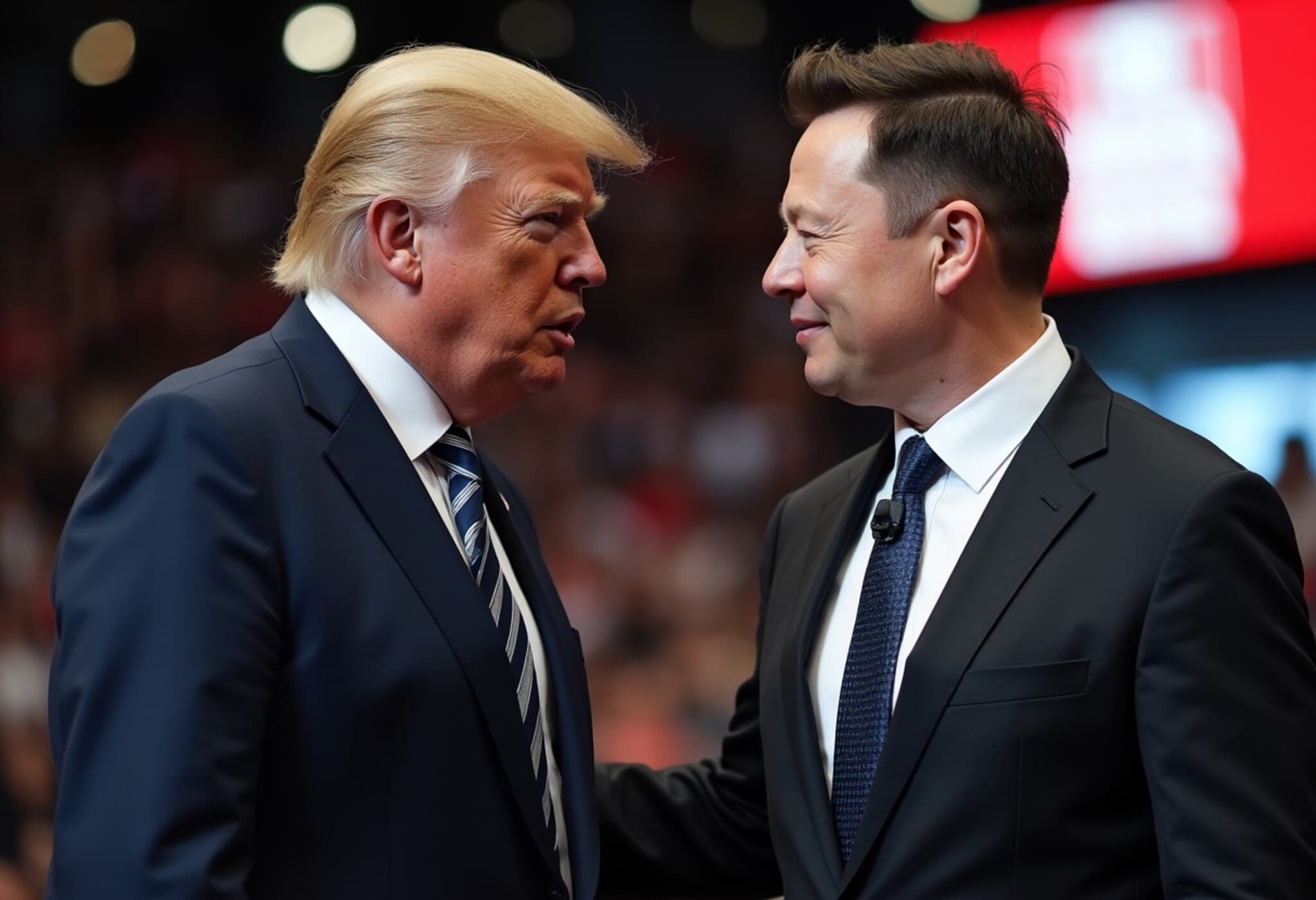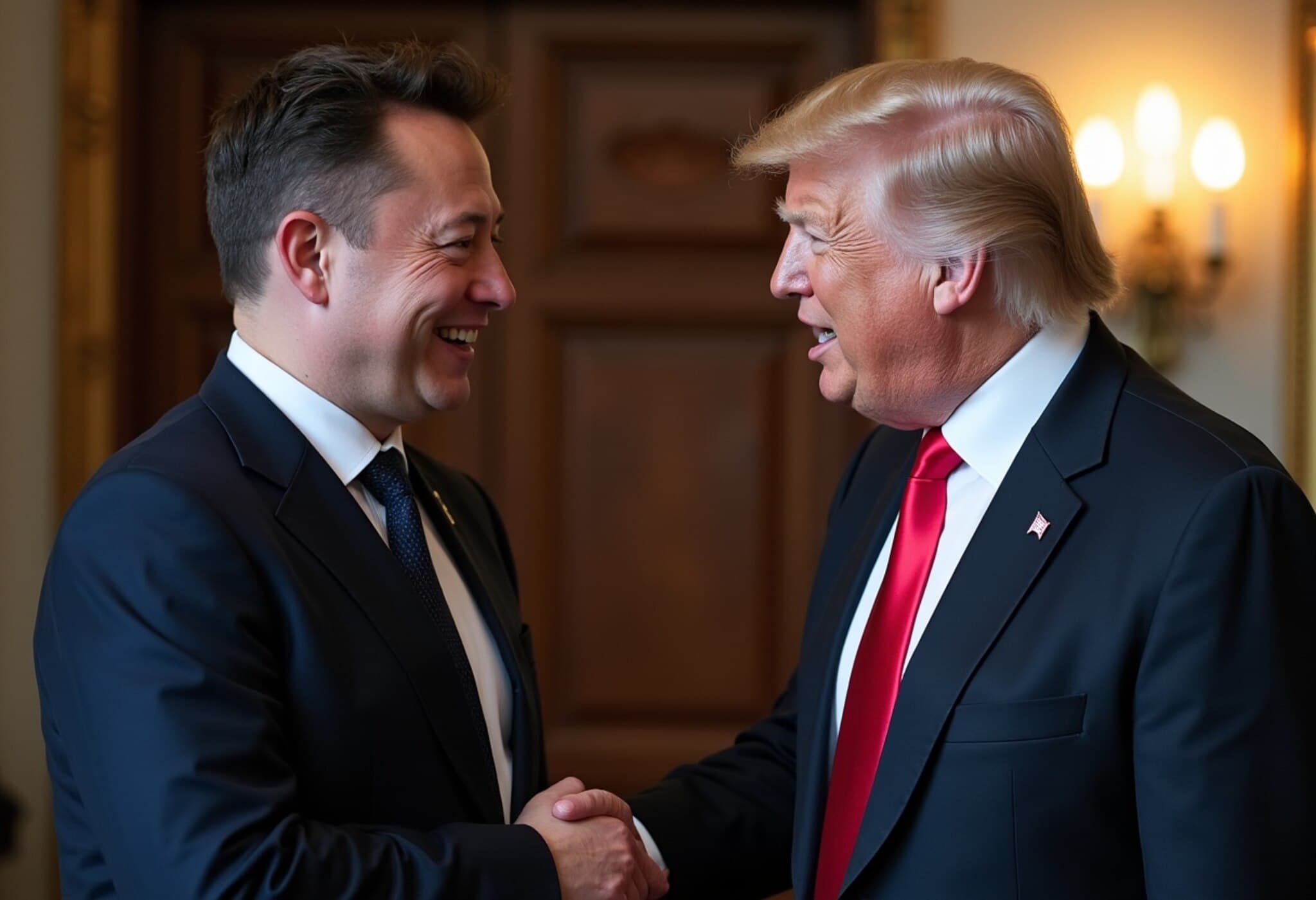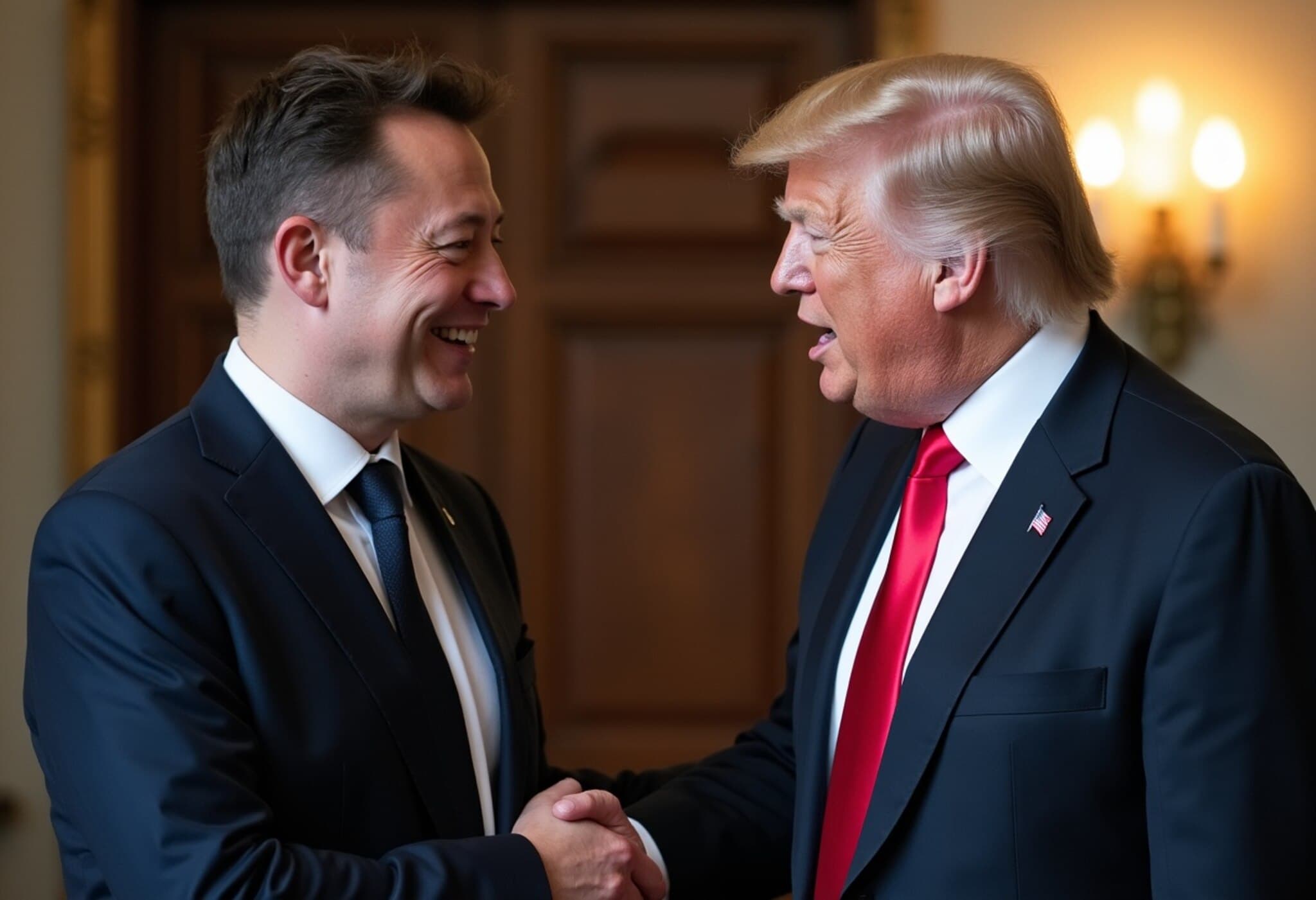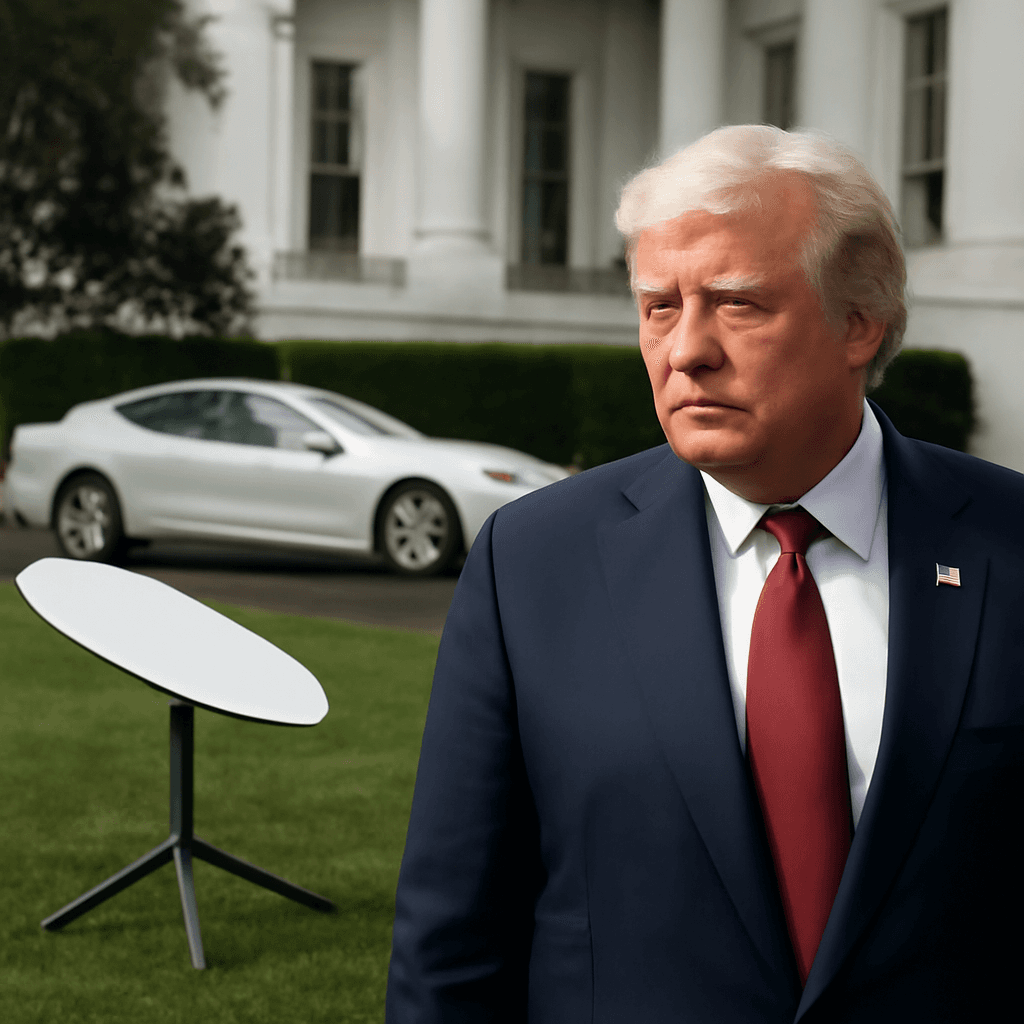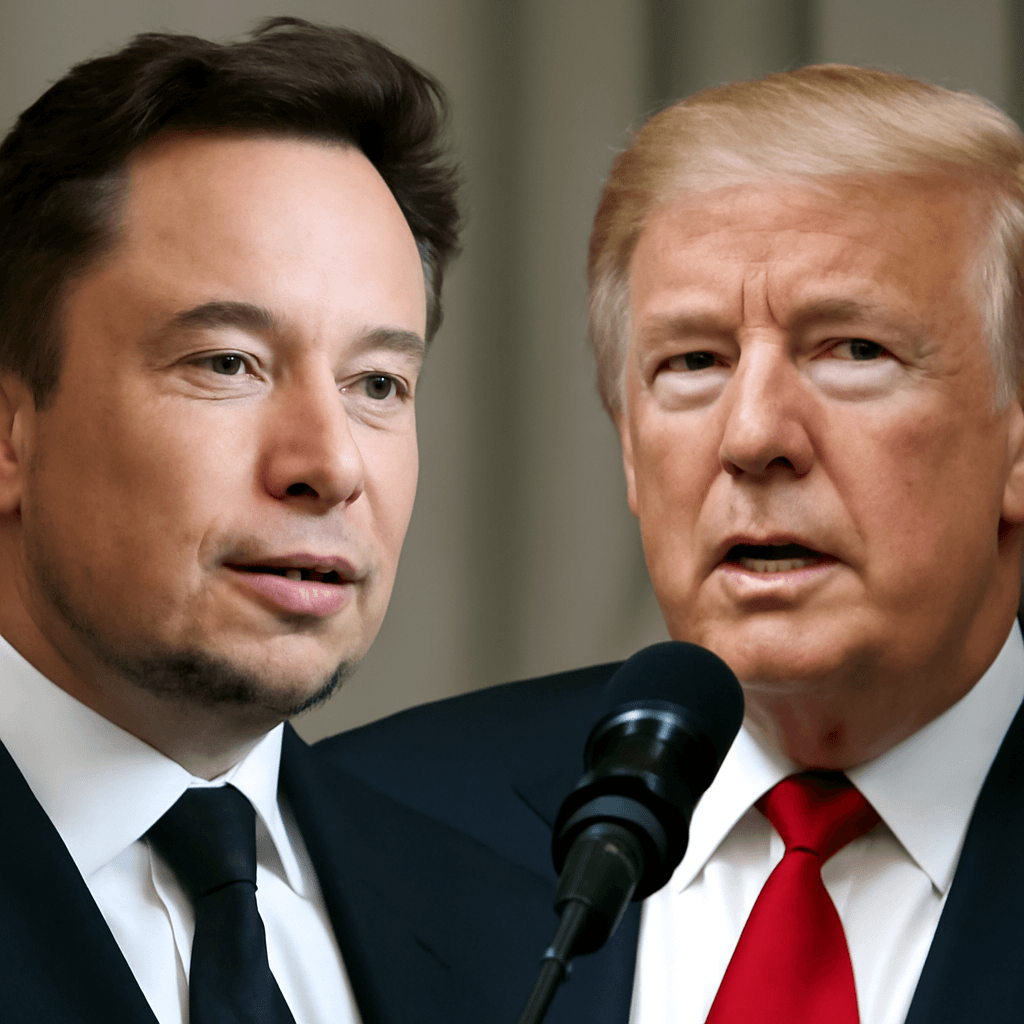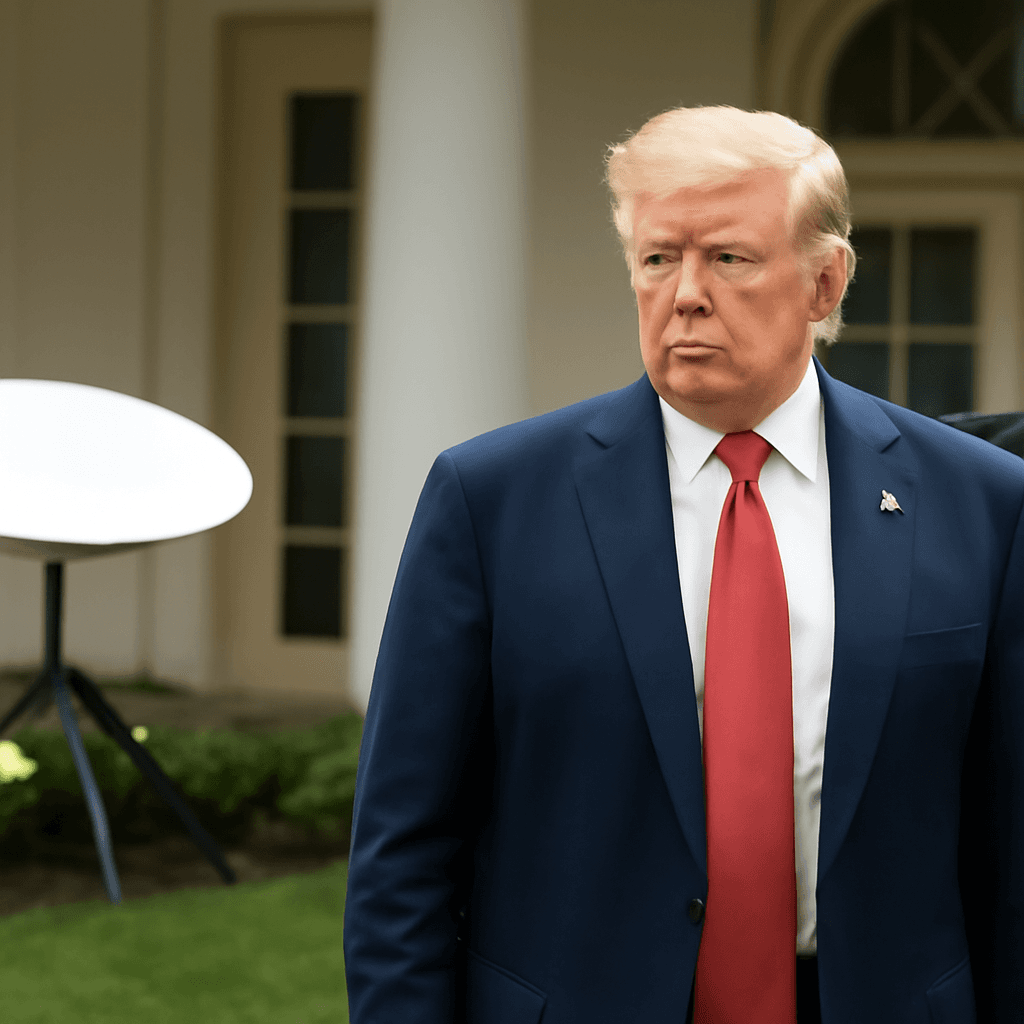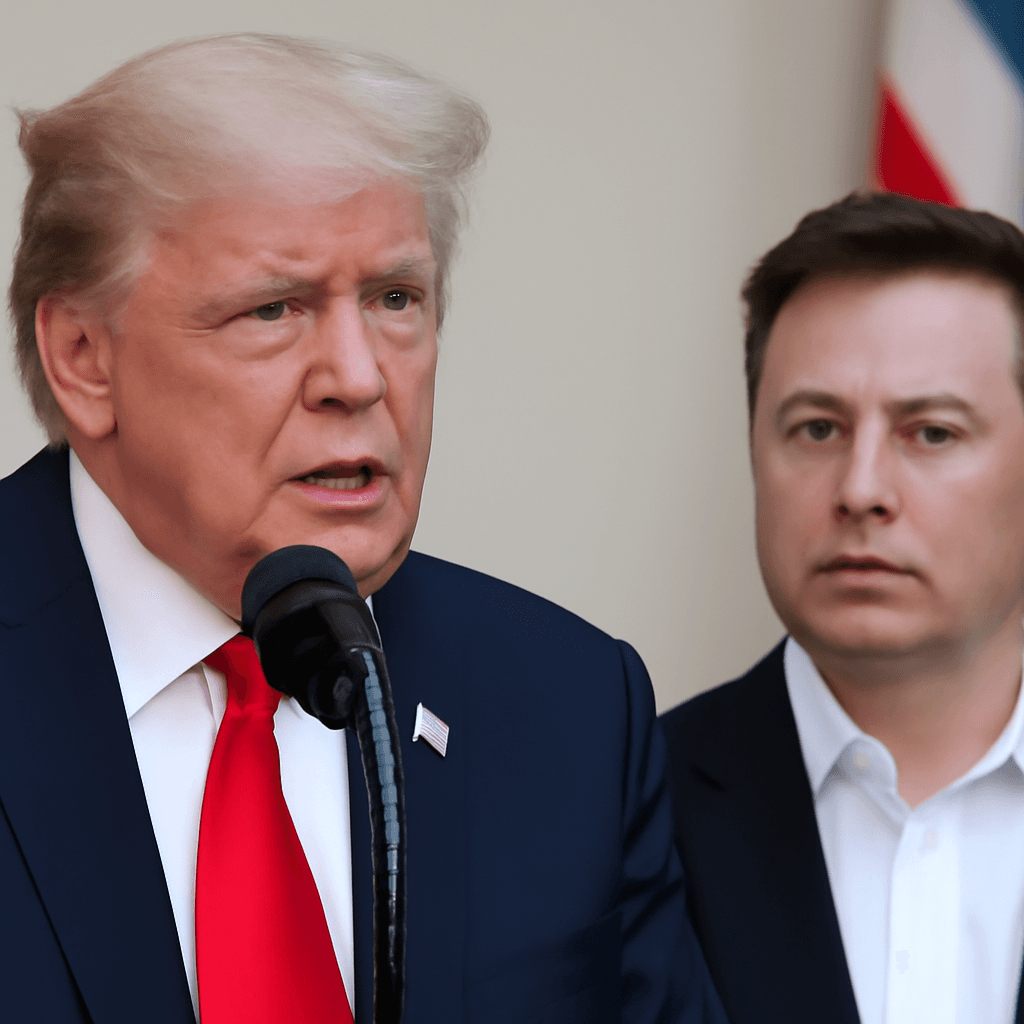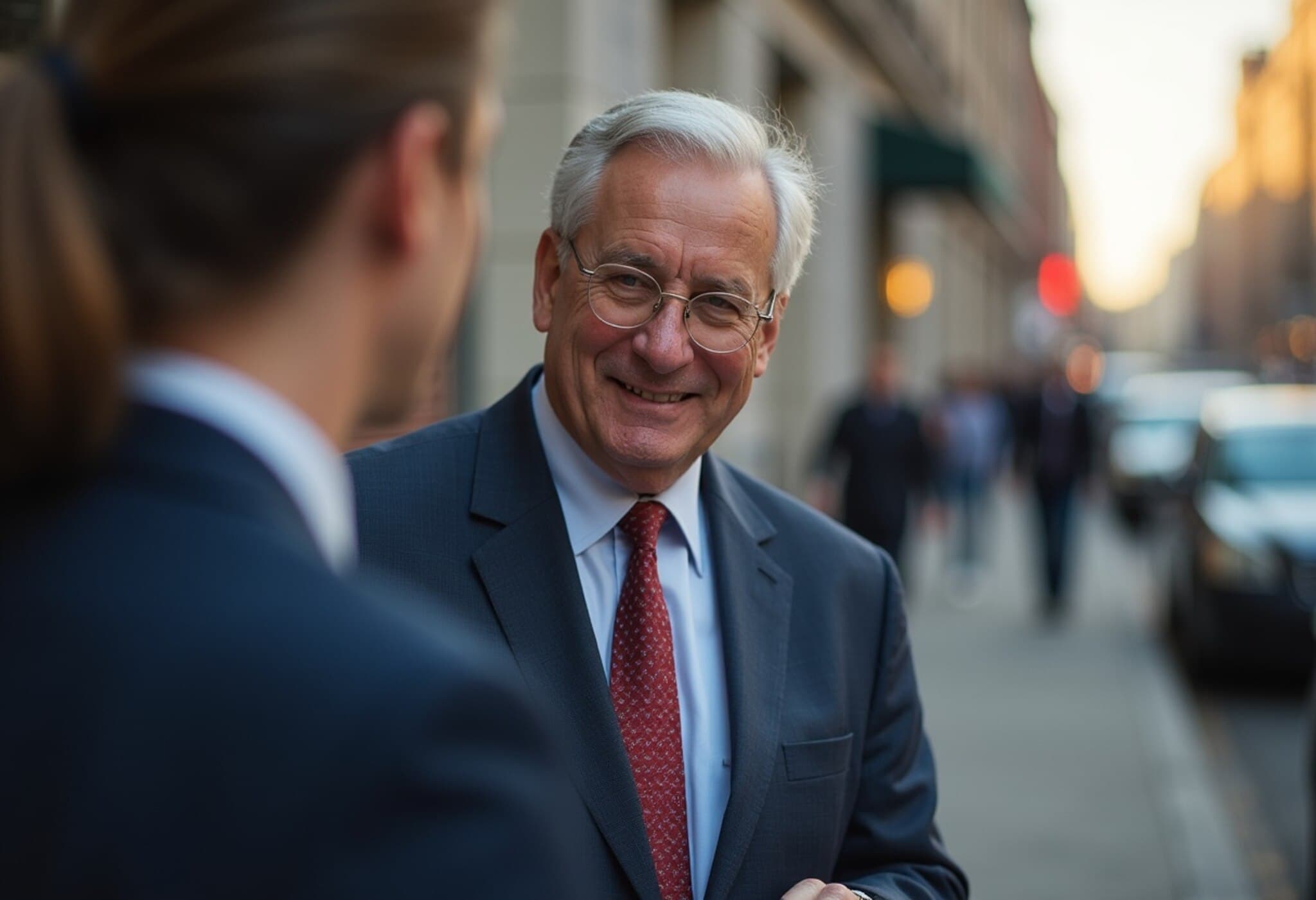Elon Musk Reconsiders His Public Clash With Donald Trump
After a recent, heated fallout, Elon Musk has voiced regret over his public dispute with former President Donald Trump. This move comes shortly after a call from two of Trump's closest aides, urging Musk to call off the escalating feud.
Intervention From Trump’s Allies
Vice President JD Vance and White House Chief of Staff Susie Wiles reached out to Musk last Friday, encouraging him to ease tensions with Trump. Though the conversation details remain private, sources confirmed that the call played a key role in prompting Musk’s softened stance.
From Trusted Confidant to Public Rift
Previously one of Trump’s trusted advisers, Musk’s relationship with the former president soured amid public criticisms last week. Musk openly opposed Trump's tax-cut bill, calling it a "disgusting abomination," which sparked a backlash from Trump, who hinted at retaliatory measures that could endanger Musk’s government contracts—particularly those crucial to SpaceX.
Musk’s Public Apology
On his social media platform, X, Musk acknowledged his missteps, writing, "I regret some of my posts about President @realDonaldTrump last week. They went too far." This statement marks his strongest public expression of remorse regarding the dispute.
The Fallout and Market Reaction
The feud initially shook Tesla’s stock prices, falling sharply before recovering most losses. Overall, Tesla shares have slid nearly 18% this year, reflecting investor concerns over Musk’s political entanglements and their impact on global consumer sentiment.
Uncertain Future of Their Relationship
Despite Musk’s efforts to de-escalate, Trump has shown little interest in reconciling, publicly stating he wishes Musk well but has no plans to repair their once close friendship. Given Trump's history of holding grudges and his influence over federal contracts, Musk’s businesses, especially SpaceX, face ongoing risks.
The Broader Implications
Musk played a prominent role in the Trump administration’s early efforts to overhaul government efficiency, targeting significant budget cuts and agency reductions. Yet, his opposition to the tax bill—which would lead to substantial increases in the federal deficit—highlighted a growing divide.
As this high-profile feud illustrates, positioning in the political arena carries tangible consequences, especially for business leaders intertwined with government contracts and regulation.

